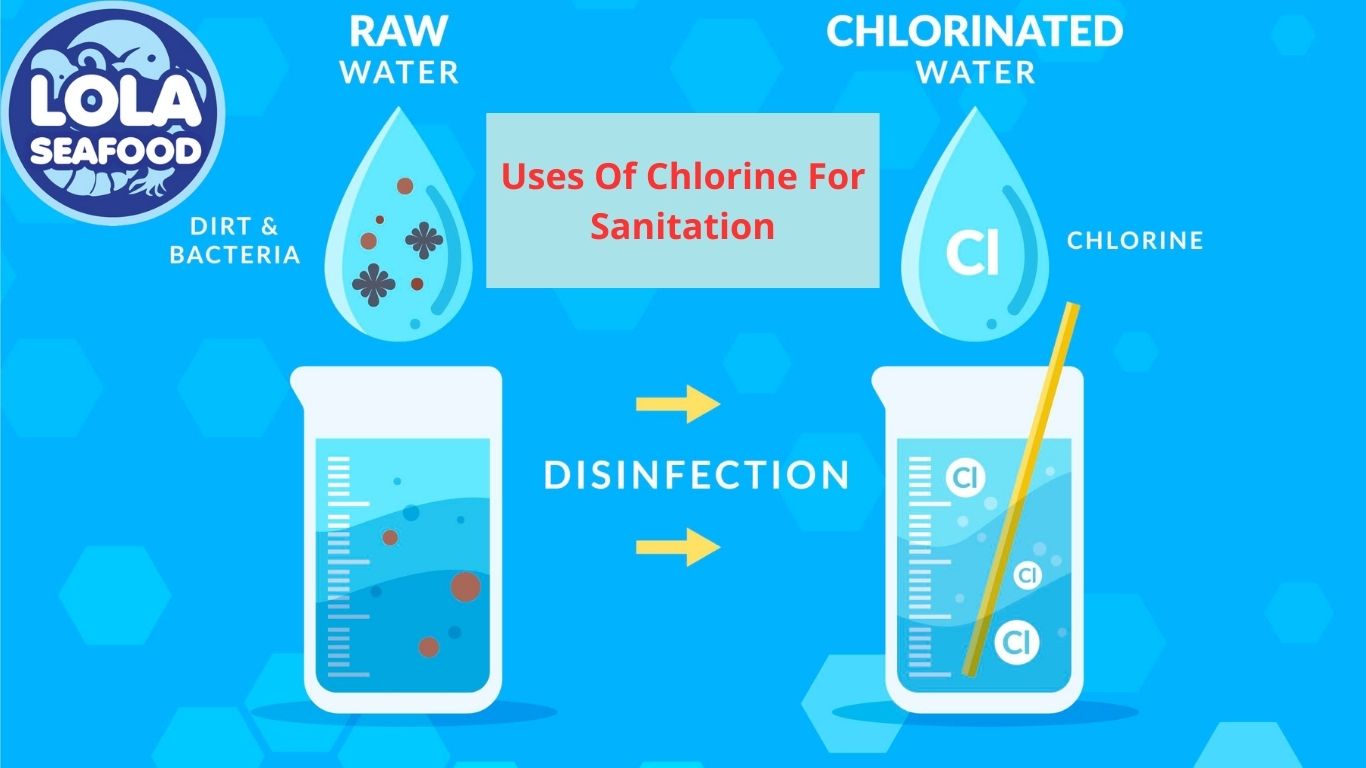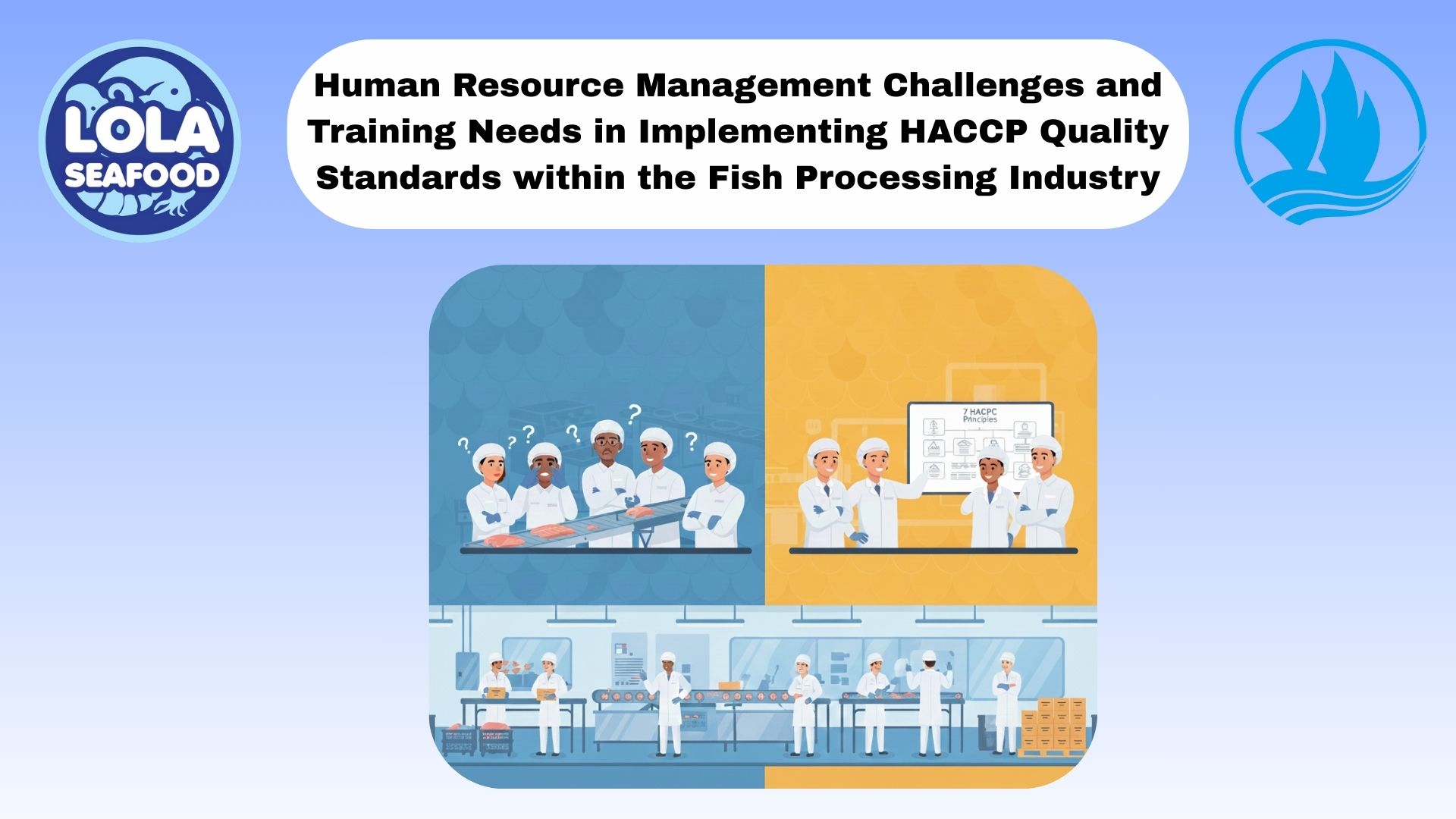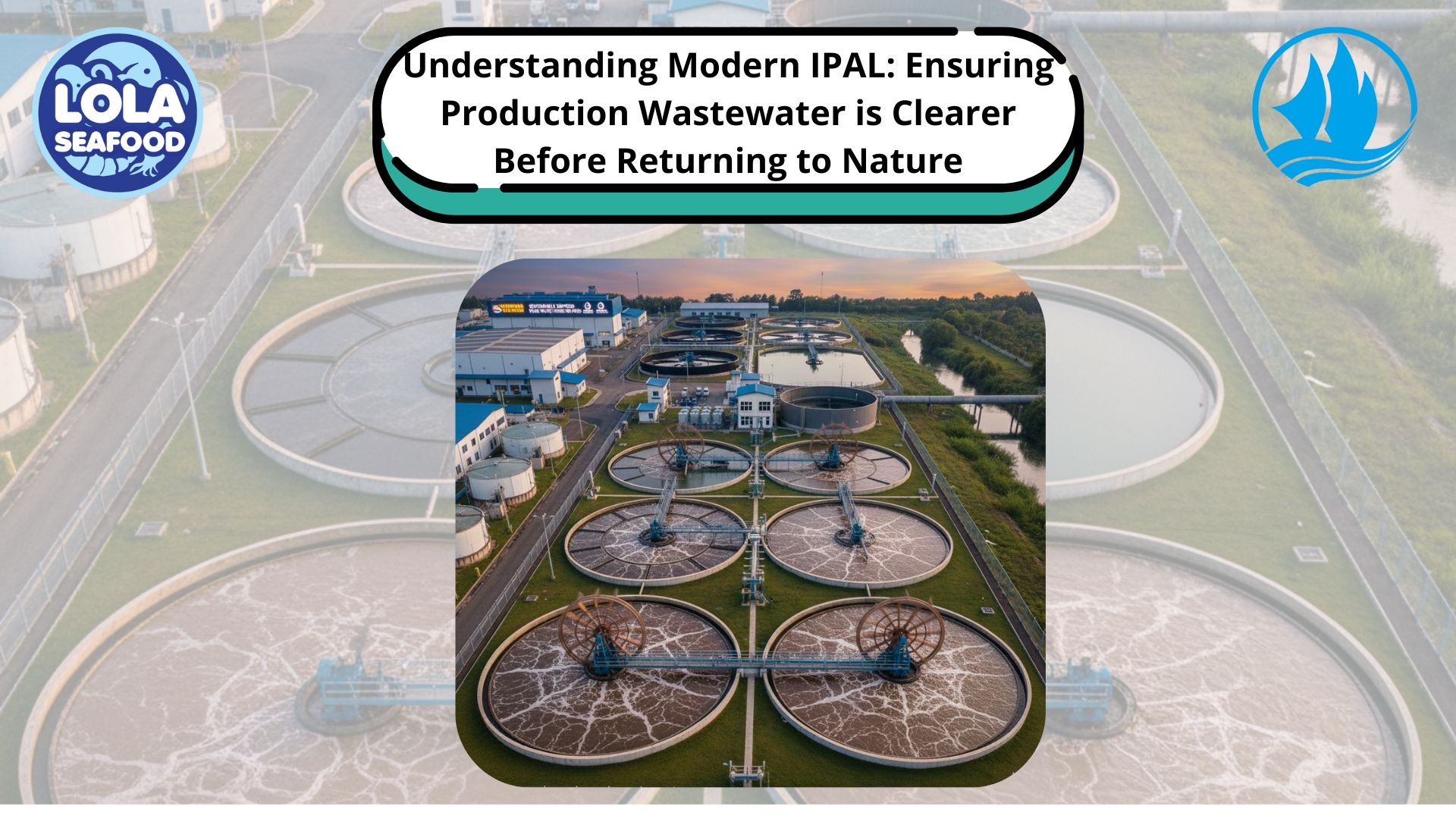Uses Of Chlorine For Sanitation
By. Najih - 28 Nov 2024
Chlorine is widely used for sanitation due to its powerful disinfectant properties. Here are some common uses of chlorine in sanitation:
- Water Treatment: Chlorine is commonly used to disinfect drinking water and wastewater. It effectively kills bacteria, viruses, and other pathogens, ensuring that water is safe for human consumption.
- Swimming Pool Sanitation: Chlorine is a primary agent for maintaining clean and safe swimming pool water. It helps control the growth of algae and bacteria, providing a safe environment for swimmers.
- Surface Disinfection: Chlorine-based disinfectants are used to sanitize surfaces in various settings, including hospitals, kitchens, and public restrooms. This helps reduce the risk of infection and the spread of diseases.
- Food Processing: Chlorine is used in the food industry to sanitize equipment, surfaces, and even fruits and vegetables. It helps eliminate pathogens that could contaminate food products.
- Household Cleaning: Many household cleaning products contain chlorine or chlorine compounds (like bleach) for disinfecting and whitening purposes. They are effective against Mold, mildew, and bacteria.
- Industrial Applications: Chlorine is used in various industrial processes, including the production of plastics, solvents, and other chemicals. It also plays a role in the sanitation of industrial water systems.
- Emergency Disinfection: In emergency situations, such as natural disasters, chlorine can be used to disinfect water supplies quickly, helping to prevent waterborne diseases.
- Healthcare Settings: Chlorine-based disinfectants are used in hospitals and clinics to sanitize medical equipment and surfaces, reducing the risk of healthcare-associated infections.
- Odor Control: Chlorine can help control Odors in various environments, particularly in wastewater treatment facilities where it neutralizes unpleasant smells associated with decomposing organic matter.
While chlorine is effective for sanitation, it is important to use it safely and according to guidelines to avoid potential health risks associated with its use, such as respiratory issues and skin irritation. Proper handling, dilution, and ventilation are essential when using chlorine-based products. Chlorine's effectiveness as a sanitizer also comes with some considerations. By understanding both the benefits and risks associated with chlorine use, individuals and organizations can make informed decisions about its application in sanitation practices.
 and Employee Productivity on the Demersal Fish Processing Floor.jpg)
The Correlation Between Occupational Health and Safety (OHS) and Employee Productivity on the Demersal Fish Processing Floor

Human Resource Management Challenges and Training Needs in Implementing HACCP Quality Standards within the Fish Processing Industry

The Legal Shark Value Chain: Identifying Critical Control Points for Cost Efficiency and Value Enhancement from Catch to Consumer

Global Trust Across Three Segments: How the HACCP System Ensures Premium Quality for Demersal, Pelagic Fish, and Legal Shark Product Utilization
.jpg)


 in Meeting Global Protein Demand Sustainably.jpg)
